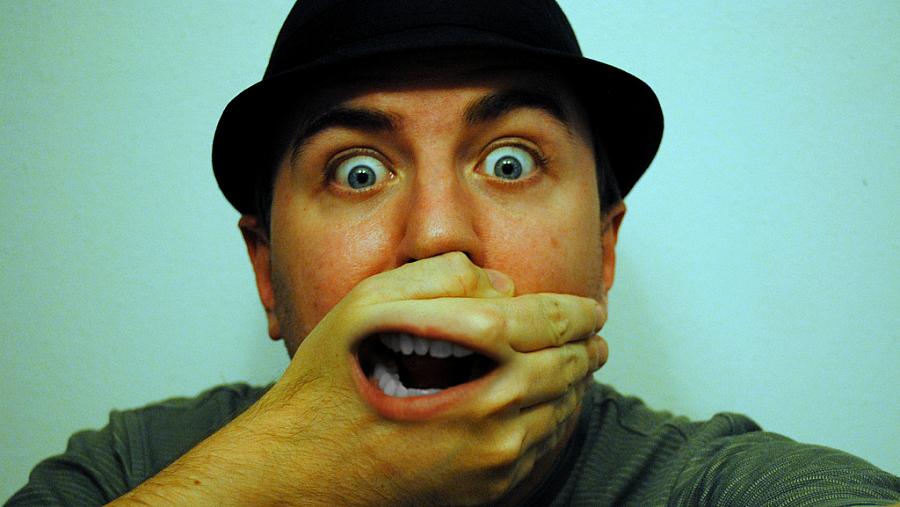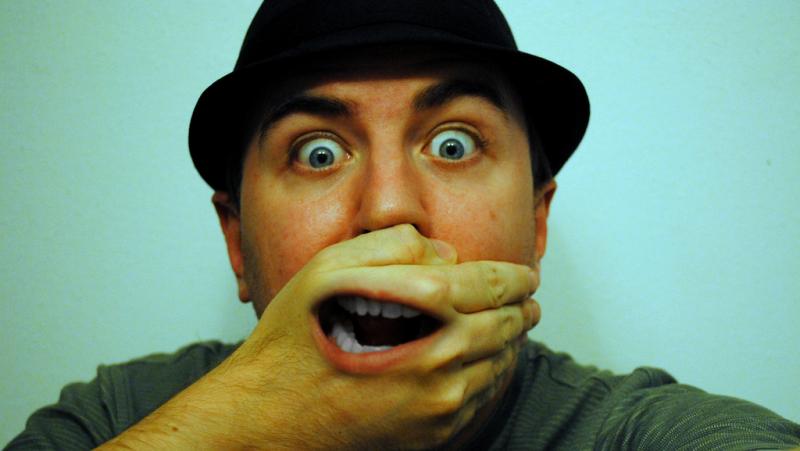Slap: Help Me Track Attempts to Silence Health Reporters and Whistleblowers

 ProPublica reporter Charles Ornstein asked a great question the other day, "Two hospitals sue two newspapers. What in the world is going on?"
ProPublica reporter Charles Ornstein asked a great question the other day, "Two hospitals sue two newspapers. What in the world is going on?"
Good question.
These are just the latest in a cluster of lawsuits and other attempts to silence reporters or their sources. Two nurses in Texas were indicted by a county prosecutor for reporting a doctor to the state medical board.
After a bioethicist in Minnesota wrote an investigative piece for Mother Jones about his school's handling of a suicide during a clinical trial, the school's lead attorney asked that the university rethink its policy about whether faculty members should be allowed to write about other faculty members.
And Kansas City Star reporter Alan Bavley wrote about a doctor with a history of medical malpractice cases, which prompted the federal government to pull a public database with malpractice records from its website and to send Bavley a menacing letter telling him he could be subject to an $11,000 fine.
"Open season," commented Jeremy Kohler at the St. Louis Post-Dispatch.
Today I'm starting a new item on Antidote that will highlight these threats. I'm calling it "Slap" because these types of actions are just that: slaps that stop reporters and whistleblowers in their tracks, make them second-guess themselves or make them shut up.
Abie Flaxman at Healthy Algorithms suggested the name because it also is the common term for a type of lawsuit that aims to shut up critics: Strategic Lawsuit Against Public Participation (SLAPP). Any reporter who has been sued has probably heard their outlet's attorney talk about an "anti-SLAPP" motion.
On his Healthy Buzz blog, Ornstein pointed out two potential slaps against reporters. St. Luke's Hospital in Duluth and its CEO sued the Duluth News Tribune and reporters Brandon Stahl and Mark Stodghill over stories they published about neurosurgeon Stefan Konasiewicz, now at the South Texas Brain and Spine Center. Stahl and Stodghill reported:
Neurosurgeon Stefan Konasiewicz practiced medicine in Duluth for most of the past decade. He became one of the highest-paid physicians at St. Luke's hospital, which praised him for his "outstanding care and skill."
He also racked up nine malpractice suits and a sanction from the Minnesota Board of Medical Practice for "unethical and unprofessional conduct."
When he moved from Duluth about three years ago, Konasiewicz left behind two dead patients, one woman paralyzed from the neck down and six others who say his treatment caused them serious physical harm.
St. Luke's is now claiming that the reporters defamed the doctor and the hospital. The hospital said in a statement, "This defamation lawsuit was brought because our patients, dedicated staff and community deserve to know the truth and not be misled and misinformed by these false reports."
In the second case, Tri-City Healthcare District in San Diego County sued the San Diego Union-Tribune, trying to persuade a judge to stop the newspaper from publishing information the hospital says it gave a reporter by accident. Union-Tribune reporter Aaron Burgin, who has been intensely covering the district, had asked the district for salary information and other records.
Last week, Burgin wrote about how the district's board had agreed to hire a consultant to review a possible raise for the district's CEO, who already makes $500,000 at a time when the district is cutting its budget and laying people off. Burgin actually returned the records to the district but refused to promise not to publish anything based on them. As he should have. A judge denied the district's request for a temporary restraining order against the paper, but the fight is not over. The Reporters Committee on Freedom of the Press wrote:
A hearing on the district's application for a preliminary injunction is scheduled for Oct. 21. Preliminary injunctions are temporary court orders prohibiting the allegedly harmful conduct pending the outcome of the lawsuit. Thus, in that hearing, Tri-City will try to convince the judge that it will suffer irreparable harm unless the court blocks the Union-Tribune's use of the documents until the court has made a decision about the relief ultimately sought -- a permanent injunction, or final order of the court barring the activity permanently.
That, dear readers, is a slap. If you see more actions like it, please send them to askantidote@gmail.com or send me a note via Twitter @wheisel. I'll have my first example – and it's off the charts – later this week.
Photo credit: Sean Loyless via Flickr

